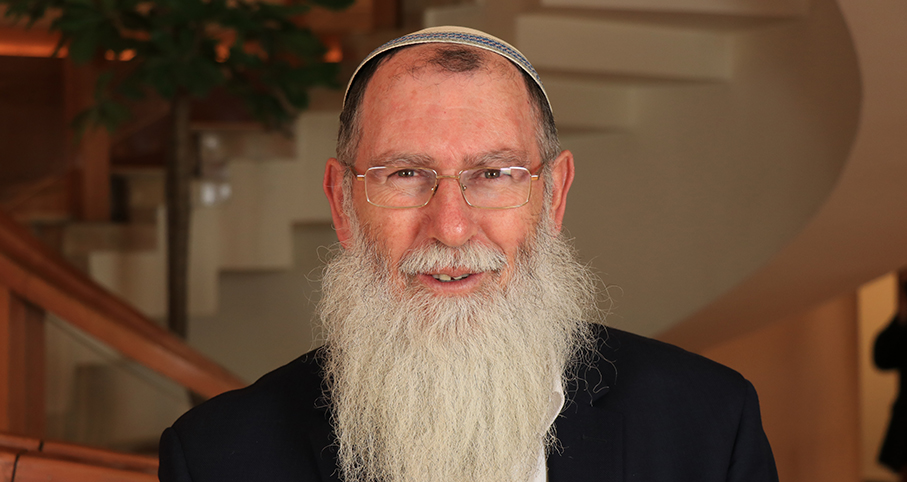Beit Midrash
- Sections
- Chemdat Yamim
- Parashat Hashavua
- Shabbat and Holidays
- Rosh Hashana
- The Essence of Rosh Hashana
One can claim that these three opinions relate to three periods in a person’s life. When one is young, and the world is before him, he steps confidently and with pride, and disregards that which stands in his way. He thinks he understands better and will be more successful; he will change how the world operates and will build a new society. He is like David’s armies.
As the person grows older, his illusions slowly dissipate. Instead of dreams of changing the world and society, he develops the desire to secure for himself a safe place under the sun, in this world. He needs his personal and family success, as he goes up to the mountain pass, which appears too narrow for someone else to be there (see Rashi ad loc.). He pushes and uses his elbows so that he can make it to the top of Bnei Maron.
This stage also passes, and a person’s decline ensues. His posture is no longer straight, his hair grays, and his eyesight deteriorates. So does the confidence, and the person becomes a weak figure, caring mainly about his health, food and tranquility. This is the stage of the flock.
We also say in the Yamim Noraim davening that we are either like children or like servants – there is no third possibility. The way the person acted in all of his stages is not necessarily what he decided, but what his human nature set out for him. The Rabbis say that servants prefer lack of accountability (Gittin 13a). That is what he wants, but he does not realize that he really is a slave.
However, if one is able to live his life as a child of Hashem, then he can switch the order of the stages. He can start as a sheep in the flock – docile, with fine attributes, accepting the dominion of those who are above him. Then he can make it to be one who climbs the mountain of Bnei Maron, trying to overcome his weaknesses, which, if he does, will ensure his success. Finally he is like a soldier in David’s armies – if there are challenges before him, he at least has weapons to use, in this case, relating to knowledge and good actions.
His old age will then not be an unproductive period, but rather, "the older they become the more wisdom they have" (Shabbat 152a). Whereas the body weakens, the spiritual powers increase, as the Torah says about Avraham, who was "coming with the days," which the midrash says meant he was progressing (Bereishit Rabba 59), in a different manner than the calendar on the wall progresses.

Parashat Hashavua: 137 and the Power of Uncertainty
Rabbi Yossef Carmel | Cheshvan 5786

Parashat Hashavua: Divinely Ordained Sibling Deceit
Rabbi Yossef Carmel | Cheshvan 5786

Parashat Hashavua: Rachel, Leah, and King David – What Happened? – part V
Rabbi Yossef Carmel | Shevat 5786





















